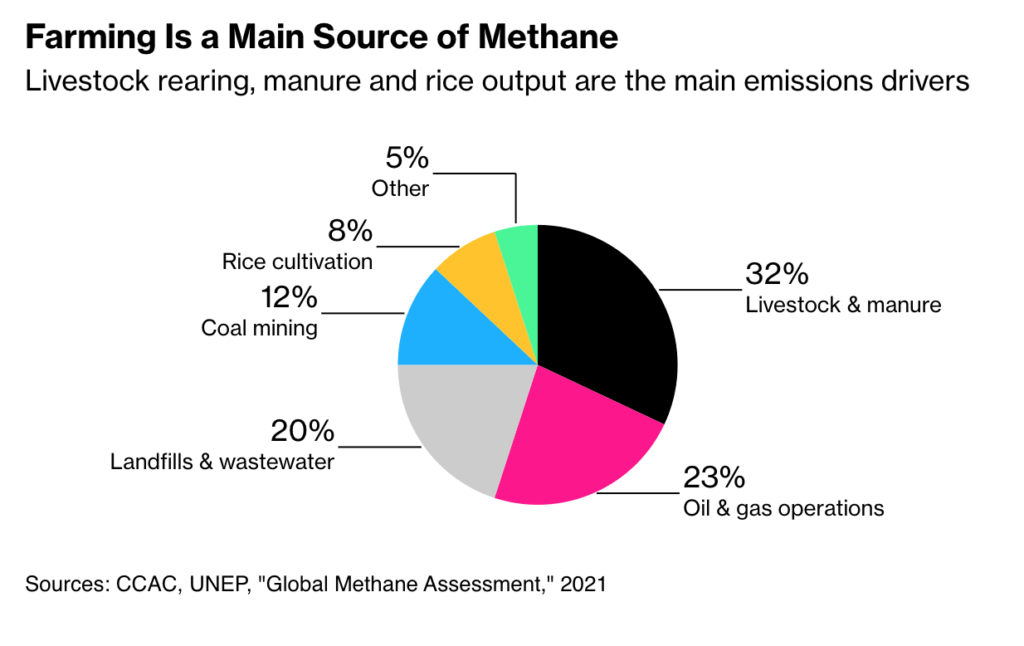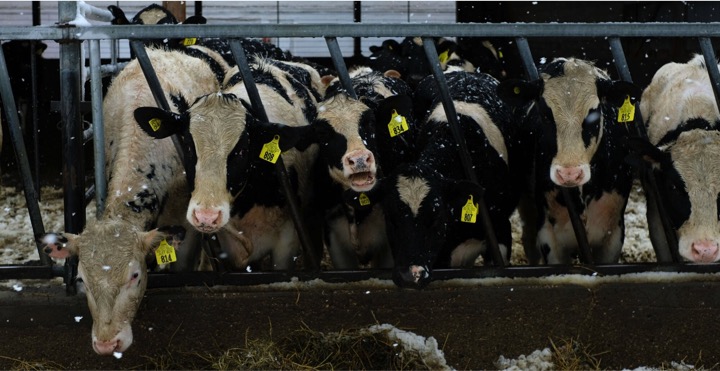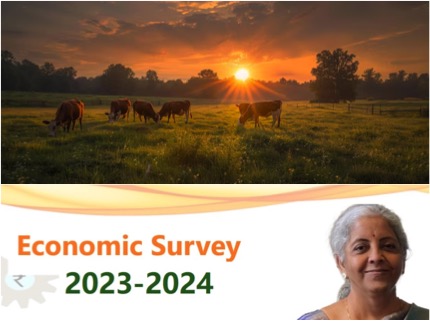Six of the world’s biggest dairy producers pledged to publicly say how much methane they emit as part of efforts to address livestock’s huge environmental footprint.
The Bel Group, Danone, General Mills, Kraft Heinz, Nestlé and a part of Lactalis have formed a group to commit to transparent accounting in their dairy supply chains, the Environmental Defense Fund announced this week during the COP28 climate summit. Each pledged to create and implement a comprehensive methane action plan, the advocacy group said.
Agriculture emits about 40% of all methane, a potent gas with 80 times the warming power of carbon dioxide. The majority of that comes from livestock, whether belched from the stomach or through manure. While the focus has been on tackling the problem in the energy sector — such as leaks from oil wells — addressing it in farming has so far proven elusive. Data reporting is scant and solutions are still largely under development.
“Transforming how we produce food is essential to stabilizing the climate,” said EDF President Fred Krupp. “Dairy companies can be part of the fight against climate change by reducing methane pollution. It’s time for others in the dairy industry to join us.”
Farming Is a Main Source of Methane
Livestock rearing, manure and rice output are the main emissions drivers

Out of 11 top dairy producers, only Danone has set a target to reduce methane, according to the FAIRR investor network. Just five disclose their Scope 3 emissions created along their supply chains, while none have yet specified how much methane they produce.
Much more needs to be done, Changing Markets Foundation CEO Nusa Urbancic said.
While the alliance is a step in the right direction, it must be quickly followed with clear targets for methane reductions and a plan to deliver on them if it’s to have an impact, she said. Urbancic called the absence of major companies like Arla, Fonterra and Dairy Farmers of America in the alliance a “big disappointment.”
Climate Summit
At this year’s COP summit in Dubai, more money has been pledged for research and technologies to suppress methane in cattle, offering hope for faster action. More than $200 million will go into a program to accelerate work on breeding low-methane livestock, feed additives and vaccines.
The Bezos Earth Fund, one of the initiative’s backers, is also putting money into devices tracking cattle methane emissions, while supporting Brazil’s state of Pará in plans to fully trace cattle supply chains and end deforestation.
COP has put food firmly on the agenda this year. It will hold a Food, Agriculture and Water Day this Sunday, while the United Nations’ Food & Agriculture Organization is expected to publish the first comprehensive net-zero plan for the food sector.
“Mitigation strategies must both be tailored to local circumstances,” the FAO said Friday. Demand for animal products is expected to rise 20% by 2050. Without improvements and action, global greenhouse gas emissions from livestock will grow roughly 47% by 2050 from 2015 levels, it said.
Ultimately, more effort is need to drive a shift toward more sustainable diets, according to Dhanush Dinesh, the founder of food solutions think tank Clim-Eat.
“People will eat meat, but we need to also reduce our consumption while also improving ways in which we produce meat,” Dinesh said in a recent conversation with Bloomberg News’s Siobhan Wagner.
“We need a transformation in that sector,” he said.
Source : Bloomberg Dec 8th 2023 By Agnieszka de Sousa



























